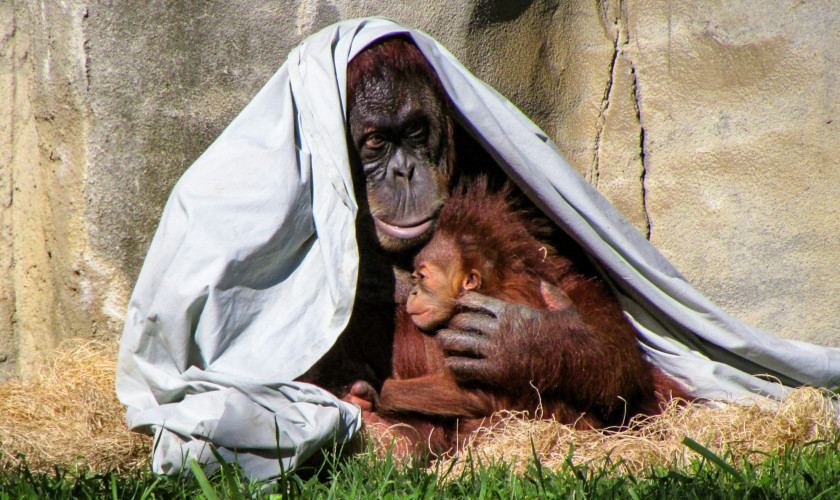Are you fascinated by the way great apes and humans communicate and manage their emotional states during social interactions? Do you have a keen interest in understanding the automatic processes underlying these emotional expressions and perceptions? We are looking for a student to contribute to our ongoing studies in the field of emotion perception across great apes and humans.
Our research is at the cutting edge of the field, employing state-of-the-art, yet fully non-invasive techniques including eye tracking and touchscreen within a multidisciplinary framework. This project takes an evolutionarily-grounded approach to delve into the origins of emotion, offering a unique opportunity to contribute to our understanding of this fascinating aspect of human and great ape behavior.
- Number of placements: 1 per semester
- Available in Fall and Spring semester
Prerequisites
- High level undergraduate student.
- Minimum GPA 3.4
- Strong interest in (evolution of) emotion and social behavior is required, experience with eye tracking research is desirable.
- For projects with great apes a strong interest in animal cognition and social behavior is required, and experimental experience with primates desirable.
- Preference for students who are able to participate for 2 full semesters.
Faculty Department
Faculty of Social and Behavioural Sciences / Cognitive Psychology Unit
The Cognitive Psychology Unit has two main research lines, which focus on basic cognitive (neuro)science and applied cognitive psychology.
The research within our unit aligns with the strategic mission of the Psychology Institute, by:
- fostering collaboration between different units,
- stimulating diverse career paths,
- implementing open science practices,
- using interdisciplinary research methods
- conducting translational research.
Most of our research is carried out within the Leiden Institute for Brain and Cognition (LIBC). The research fits with the University Research Profile ‘Social Resilience and Security’, the FSW research themes ‘Digitalisation and technological innovations’ and ‘Climate Change’ and the research topic of the Psychology Institute ‘Socio-Cognitive-Affective Decision-making’.

